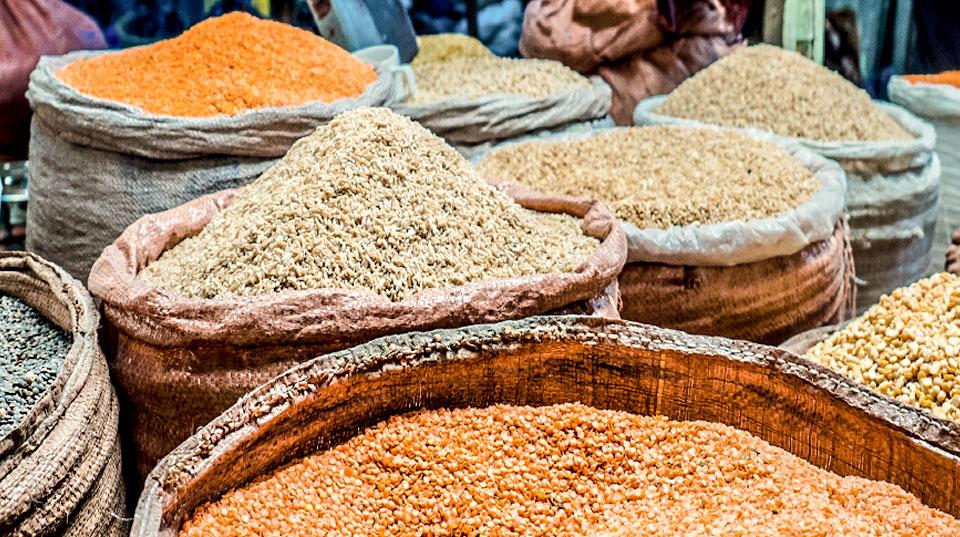Overview
Wheat blast is a devastating disease severely influencing wheat production in the Southern Cone region of South America and has the potential to cause yield reduction of up to 100% under conducive environments. In 2016, the disease outbreak for the first time in Bangladesh was observed, influencing about 15% of the wheat cultivation area in the country. This wheat blast outbreak in the heavily populated South Asia region represents a serious threat not only for Bangladesh wheat production but also for regional food security in South Asia, home to 300 million undernourished people and whose inhabitants consume over 100 million tons of wheat each year.
This Small Research Activity (SRA) had the following aims:
- identify the immediate research needs to contain the 2016 blast outbreak,
- to identify research priorities in the period 2017-2021
- increase awareness on wheat blast of farmers, scientists and decision makers.
Under the support of this project, an international consultation workshop on “Mitigating the Threat of Wheat Blast in Bangladesh and Beyond” was organized in Kathmandu, Nepal. Seven wheat blast workshops were held in different wheat growing regions of Bangladesh before the 2016-17 growing season to increase the awareness of the disease among farmers, breeders, extension agents, scientists, and other stakeholders. Nationwide seed health testing was carried out in Bangladesh to prevent the use of wheat blast infected grains as seeds. Fact-sheets were distributed across the country to make awareness about the disease and its control. A 3-day long hands-on training on wheat blast and its surveillance was organized by BARI-CIMMYT in early February 2017 at Wheat Research Centre, Dinajpur followed by field surveys of wheat blast were conducted in February-March, 2017 in major wheat growing areas of Bangladesh. A two-week wheat blast training was organized in USA and Bolivia in July 2017. Finally, a large research project proposal was developed and submitted to ACIAR, to guide the work from 2017 to 2021 in fighting the newly emerged disease.
The large ACIAR project CIM-2016-219 was favourably reviewed and started in July 2017.
A set of research outcomes from this SRA, including the resistant varieties development, effective fungicide ingredients identification, agronomic measures, and findings in epidemiology disease development will be helpful in subsequent research activities. This initial project has laid solid foundation for the subsequent large project to be carried out and its findings will show their impact in near future.




